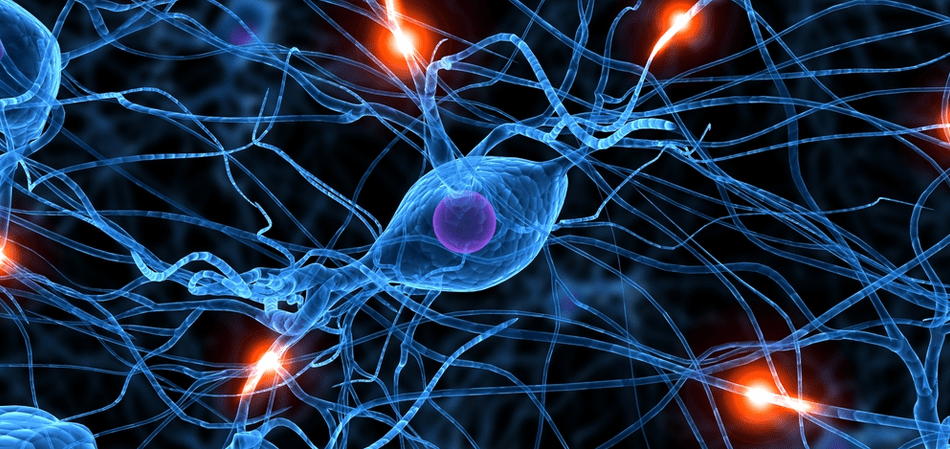Many people confuse Alzheimer’s disease and dementia. Alzheimer’s disease is one specific (and more serious) type of dementia, but not all types of dementia are Alzheimer’s. Many people mistakenly use the terms interchangeably, but they are not exactly the same thing. If you or a loved one is struggling with cognitive function and are worried about whether it could be Alzheimer’s vs dementia, here is a breakdown of these two related conditions.
What is Dementia?
While some memory loss (like misplacing keys or forgetting a name occasionally) is a normal part of aging, dementia is a more serious brain disorder that affects a patient’s communication and ability to perform daily activities. It is caused by physical changes in the brain. Early signs of dementia include searching for common words, pausing midsentence as if lost in thought, confusing word meanings, repeating questions or statements, experiencing mood changes such as random anger or sadness, failing to follow instructions, putting items in the wrong place, and getting lost while walking or driving. Read more about memory loss vs dementia if you are not sure if concerning symptoms are related to dementia or a more normal part of the aging process.
Other diseases besides Alzheimer’s can cause different types of dementia. Common causes include Parkinson’s disease, Huntington’s disease, and Creutzfeldt-Jakob disease. Sometimes there is more than one factor. There are other health problems and medications that can cause symptoms of dementia as well, so it is important to determine the cause or type of dementia.
The symptoms may be reversible with treatment or a change of medication, especially if they are due to a drug interaction or vitamin deficiency. If you are worried about dementia for yourself or a loved one, see a doctor for testing, diagnosis, and guidance.
What is Alzheimer’s disease?
Alzheimer’s is a form of dementia that specifically affects the parts of the brain that control language, thought, and memory. The disease leads to the death of nerve cells and actual loss of tissue throughout the brain, causing brain shrinkage and brain damage. Symptoms of Alzheimer’s include impaired thought, impaired speech, and confusion.
Doctors can screen to determine whether a person has Alzheimer’s vs dementia. Tests involve blood tests, brain scans, and mental status evaluations. Unlike with some other kinds of dementia, Alzheimer’s is not reversible. At this time, it is considered degenerative and incurable, so that sets it apart from other kinds of dementia.
Dealing with Alzheimer’s disease for either yourself or a loved one can be scary and overwhelming, so it important to stay informed of ways to help cope with the situation. In the very early stages, it is important to manage the disease through diet and eating the best foods for men over 50 like oily fish, vegetables, nuts, and seeds. Avoid gluten, simple carbohydrates, and processed foods.
Recent research also shows that a lifestyle factors like doing yoga and meditating seem to help patients in the early stages. In the later stages the patient will require more involved care and may need to move to an assisted living facility or special care unit.
Now that you know the difference between Alzheimer’s vs dementia, you can understand what these terms mean. While both are concerning, dealing with Alzheimer’s is a much more serious and worsening condition. If you are dealing with either one in your family, be sure to research more about diet, lifestyle, and ways to manage the situation. Being a caregiver to a person with Alzheimer’s or dementia is very stressful, so be sure to get help right away.







